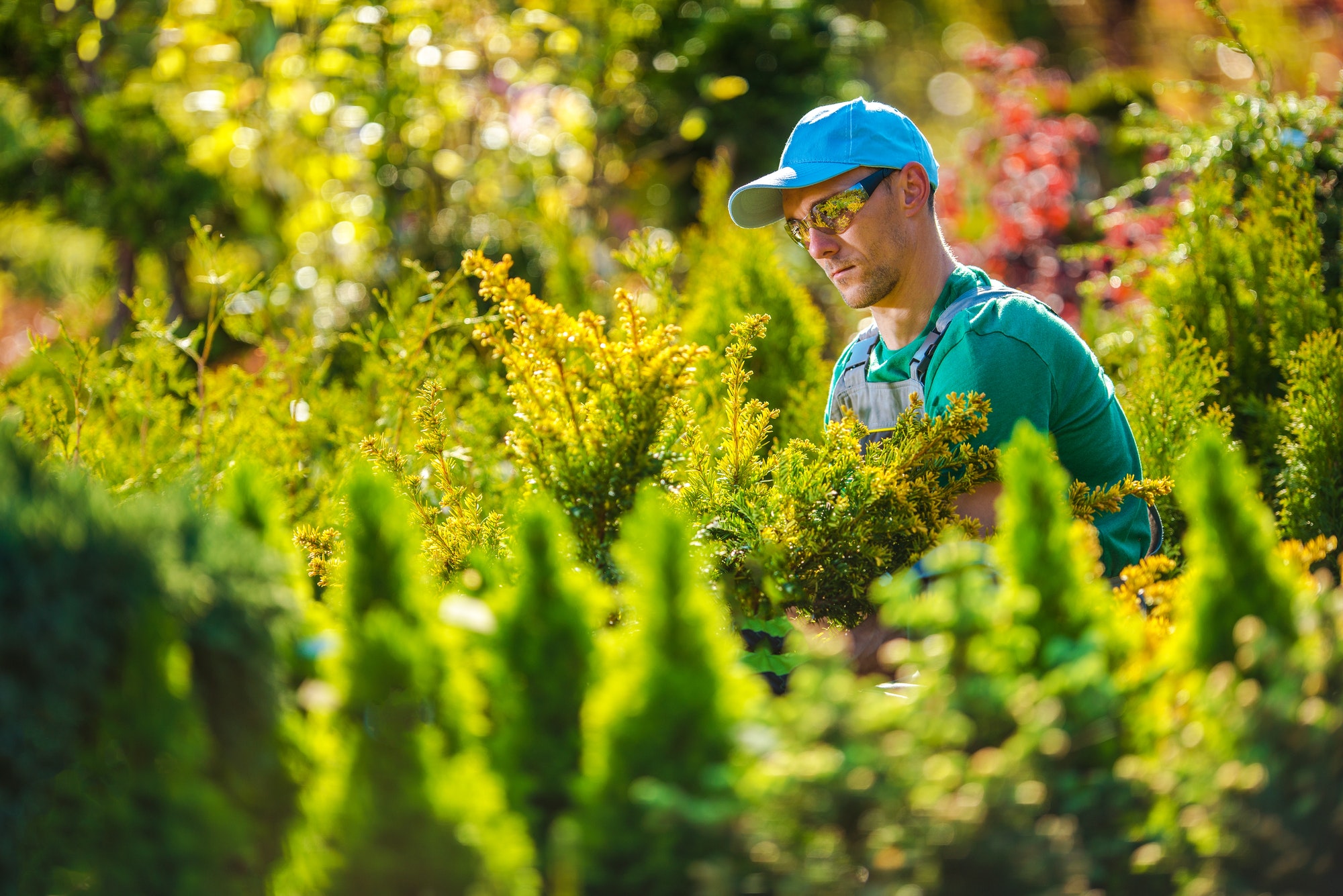How to Get Started in Gardening
Whether you want to create a beautiful, edible garden or grow some flowers for the neighborhood cat, gardening is a healthy hobby. Among other benefits, it increases physical strength and promotes healthy food, sleep, and immune systems. Plus, it cultivates feelings of empowerment, connection, and creative calm. Plus, the feeling of getting your hands dirty doesn’t hurt either! It’s also good for your soul! Here are some reasons to give gardening a try:
A vegetable garden requires ongoing care and maintenance. Among other things, weeding is part of the fun. A good way to reduce the weeds is to mulch the bed after harvesting the produce. A layer of mulch helps reduce watering needs and targets the roots of plants, which are exposed to hot, dry weather. Tall plants may require staking or trellis. Weekly weeding is key. If your garden is not aesthetically pleasing, a newspaper trick will do the trick.
If you’re looking for an inexpensive way to mulch your yard, newspaper works well. Newspaper is thick enough to mulch a garden and can be obtained from your local convenience store or neighbor. Newspaper works best when wet, but you can also use grocery bags to substitute newspaper for mulch. You can also cut them into single layers and layer them over your plants. Once you’ve mulched the area, you can plant more plants, including annuals.
There are many ways to start new plants. Some are rooted in water, and others are grown on land. Gardening is an enjoyable activity for all ages, and there are many ways to get started in gardening. There are many ways to create a beautiful, natural garden. Some plants even grow on ponds. Using different types of mulches is an excellent way to control pests and diseases. The soil in a raised bed can drain more easily than the soil on the ground.
Remember that garden chemicals can be harmful if misused. Use safety gear when using them and drink plenty of water during the day. Make sure you take frequent shade breaks and drink plenty of water. Remember that garden chemicals can be dangerous to children, so always listen to your body and take breaks when needed. And remember to keep a check on your vaccination status every 10 years, as tetanus is common in soil. It is vital to protect yourself by following the guidelines outlined in this handbook.
Another helpful tool for gardeners is an app. Apps like Garden Answers allow you to quickly identify over 20,000 types of plants. Not only will you know what you’re planting, but you can find useful information about each one. Another helpful app for identifying plants is SmartPlant. Not only does it include information about common garden plants, it also has a Digital Care Calendar and can even help you keep track of specific plants. With these apps, you can become a better gardener, and enjoy the rewards!
